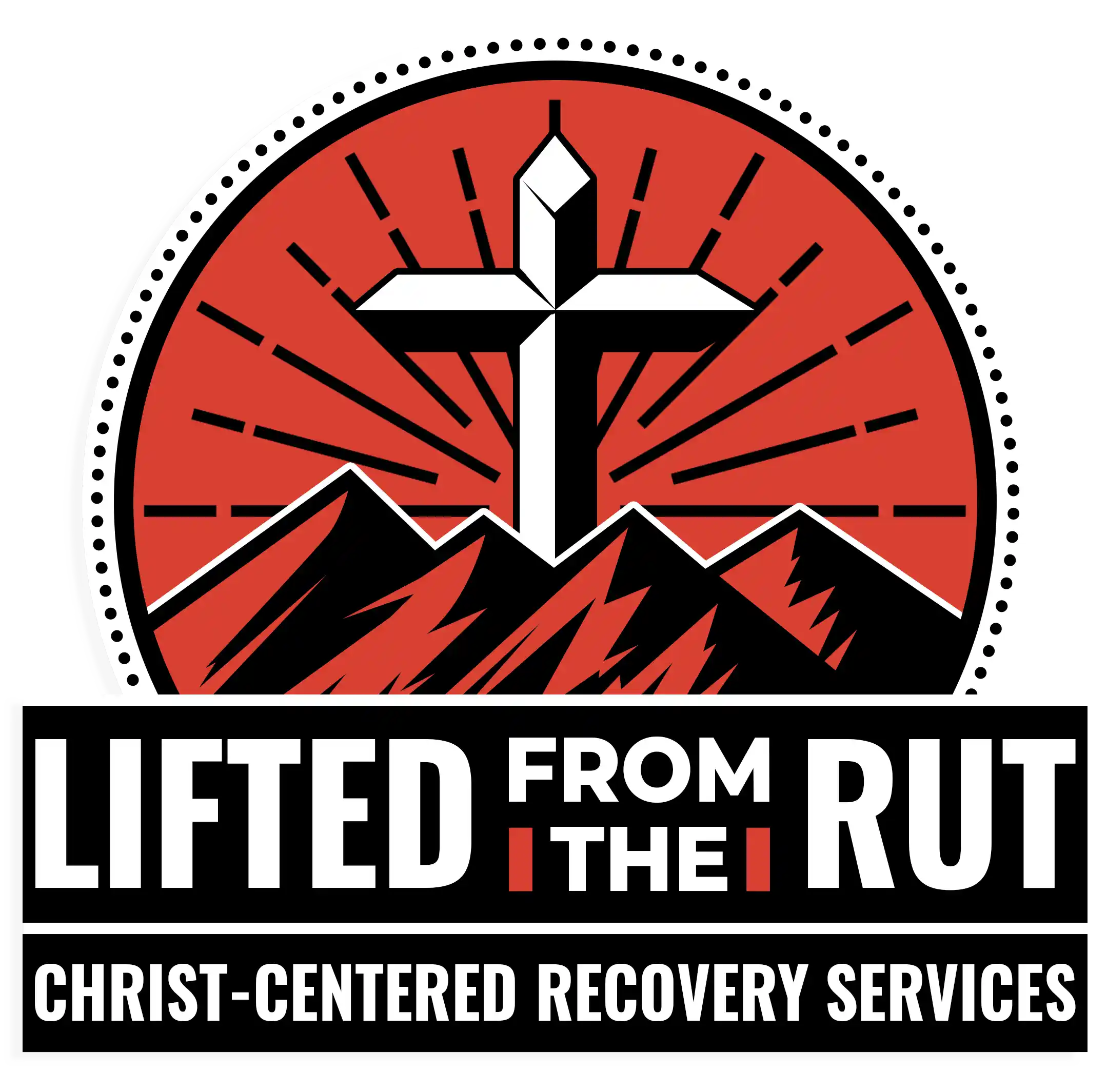Behavioral change is a complex process that often involves progress, setbacks, and repeated attempts. The Stages of Change Model and Motivational Interviewing (MI) are two evidence-based approaches frequently used together in clinical settings to support individuals working toward change.
This article explains how the Stages of Change Model works in combination with MI and why this partnership has become such an effective tool in healthcare, addiction treatment, and mental health counseling for fostering meaningful, long-term behavioral change.
What Is Motivational Interviewing?
MI is a counseling style developed by psychologists William R. Miller and Stephen Rollnick in the 1980s. It’s rooted in the idea that people are more likely to change when they discover their own motivations, rather than being pressured by others.
The four guiding principles of MI are often summarized by the acronym RULE:
- R – Resist the righting reflex (avoid arguing or pushing).
- U – Understand the client’s motivations.
- L – Listen with empathy.
- E – Empower the client to believe change is possible.
Research shows MI is effective across addiction treatment, chronic disease management like diabetes and heart disease, and mental health interventions, with one meta-analysis noting significant positive outcomes in 75% of studies using MI as an intervention.
For individuals considering this approach, finding the right rehab offering motivational interviewing therapy can be an important step, as not all treatment programs emphasize this evidence-based method.
Understanding the Stages of Change Model
The Stages of Change Model, introduced by Prochaska and DiClemente in the late 1970s, maps out the predictable phases people pass through when modifying behavior. It acknowledges that relapse is part of the process, and progress is rarely linear.
The six stages include:
- Precontemplation – No intention of change, often due to denial or lack of awareness.
- Contemplation – Recognizing the problem but feeling ambivalent.
- Preparation – Commitment forms, with small steps toward change.
- Action – Clear, intentional behavior change.
- Maintenance – Long-term effort to sustain change and prevent relapse.
- Relapse/Termination – Returning to old behavior (relapse) or reaching the point where relapse feels unlikely (termination).
How MI Supports Each Stage of Change
Precontemplation – Raising Awareness
In the precontemplation stage, individuals often do not believe they have a problem and may dismiss concerns raised by others. MI can be especially useful here, as it encourages curiosity and self-reflection without confrontation.
Therapists might ask open-ended questions such as, “What do you enjoy about drinking? What are some things that concern you about it?” This approach plants seeds of awareness and allows the individual to begin considering that their behavior may have both benefits and costs.
Contemplation – Exploring Ambivalence
During contemplation, people begin to recognize that change might be necessary, but they remain stuck between the pros and cons of altering their behavior. MI plays a key role by helping them voice their ambivalence in a nonjudgmental setting.
A counselor may guide a client through a decisional balance exercise, which involves listing both the benefits and drawbacks of their current behavior versus the potential change. Research has shown that this process can increase a person’s sense of self-efficacy and make them more likely to progress toward the preparation stage.
Preparation – Building a Plan
In the preparation stage, motivation becomes stronger, but individuals may feel uncertain about how to move forward. MI is used here to translate intention into action through collaborative planning.
Therapists work with clients to set realistic goals, anticipate obstacles, and strengthen confidence. Tools such as readiness rulers, where clients rate how prepared they feel on a scale from one to ten, or the development of SMART (Specific, Measurable, Achievable, Relevant, Time-bound) goals, are often integrated into this stage to provide structure and direction.

Action – Supporting Behavior Change
When individuals enter the action stage, they begin taking concrete steps toward change, such as attending recovery meetings, reducing substance use, or committing to a new exercise routine. MI helps sustain momentum by reinforcing progress, addressing barriers as they arise, and reconnecting the individual with their underlying motivations.
Trained experts may highlight achievements by asking reflective questions like, “You mentioned going to three support meetings last week, how did that feel compared to before?” This validation strengthens the person’s commitment and builds resilience during the vulnerable early stages of change.
Maintenance – Sustaining Change
The maintenance stage focuses on preserving progress and avoiding relapse. MI emphasizes the development of coping strategies, self-monitoring habits, and social support systems to sustain change over time. For example, counselors might explore how a client’s new habits align with their values or identity, such as viewing themselves as a non-smoker or a person in recovery.
By strengthening this sense of identity, MI reduces the risk of slipping back into old behaviors. Research supports this approach, noting that long-term MI interventions are effective in reducing relapse risk by reinforcing positive routines and healthy coping skills.
Relapse/Termination – Normalizing Setbacks
Relapse is a common part of the change process, with studies estimating that between 40 and 60 percent of people in recovery experience it at some point. MI reframes relapse not as a failure, but as an opportunity for learning and growth.
Instead of focusing on judgment, counselors use MI techniques to explore what triggered the setback and how those insights can inform future strategies. A question such as, “What have you learned from this experience that could strengthen your next attempt?” allows individuals to view relapse as part of their overall journey rather than the end of it.
Faith as a Facilitator of Change
Faith acts as a vital source of motivation throughout every stage of recovery. It helps build resilience by promoting forgiveness, self-compassion, and acceptance of personal limitations, empowering individuals to navigate ambivalence and setbacks with renewed determination.
Practices rooted in faith—such as prayer, meditation, and engagement with a spiritual community—provide effective coping tools and emotional support that alleviate stress and anxiety while fostering greater self-awareness and persistence.
When integrated thoughtfully into motivational interviewing, faith can strengthen the therapeutic relationship and enable individuals to harness their spiritual strength, supporting enduring behavior change and sustained recovery.
Final Thoughts from LFTR Christ-Centered Rehab Services
The Stages of Change Model provides a clear framework to understand where clients are in their journey, while Motivational Interviewing offers the strategies to support them effectively at each phase. Together, they create a powerful approach to fostering meaningful and lasting behavioral change across a variety of health and wellness contexts.
At LFTR Christ-Centered Rehab Services in Littleton, CO, we offer motivational interviewing therapy as part of our faith-based treatment programs. Our approach combines evidence-based practices with Christ-centered guidance, helping individuals not only work through the challenges of change but also find spiritual strength and renewal in the process.





